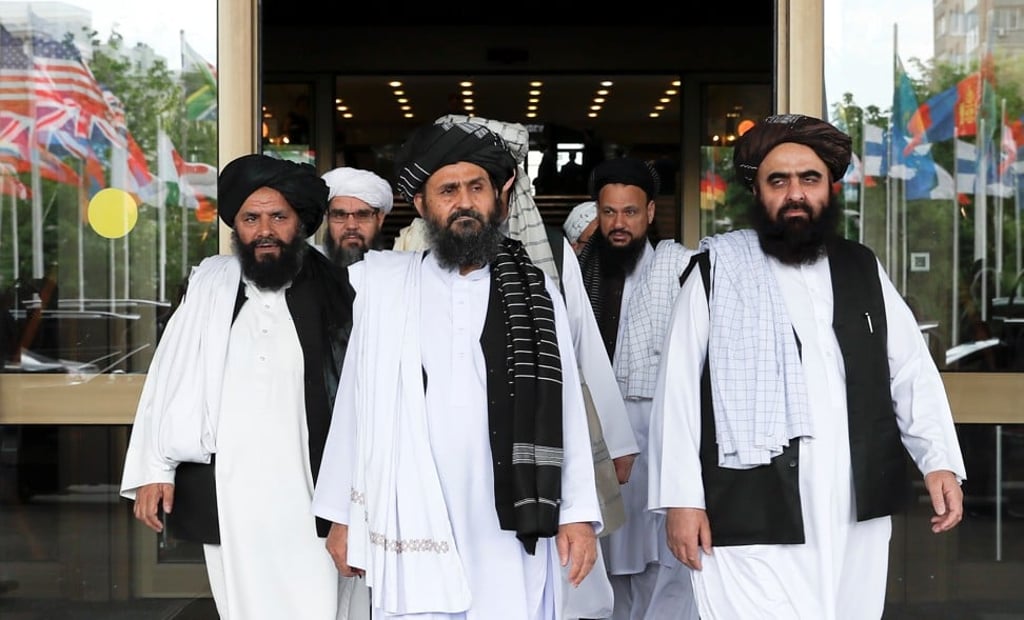Opinion | Doha resolution offers hope, however slender, for peace in Afghanistan
- After two decades of strife, the Afghan Taliban and the Kabul government have struck a resolution to pave the way for peace, even as Donald Trump meets Imran Khan to encourage Pakistan, a Taliban supporter, to nudge the peace process along

The recently concluded intra-Afghan dialogue in Doha, co-hosted by Qatar and Germany, offers hope of a dim light at the end of a dark and bloodied tunnel, whose genesis goes back to the Soviet occupation of Afghanistan in December 1979.
However, the delegates managed to agree on a road map to reduce violence and embark on reconstruction and peace-building. The joint resolution, signed by 17 Taliban members, agreed to stop attacks on “religious centres, schools, hospitals, educational centres, bazaars, water dams and workplaces”, and committed to reaching a “consensus on all-inclusive Afghan negotiations”.

It added: “All Afghans are committed to a united and Islamic country, putting aside all ethnic differences; Afghanistan shall not witness another war. The international community, regional and internal elements shall respect Afghans’ values accordingly.”
